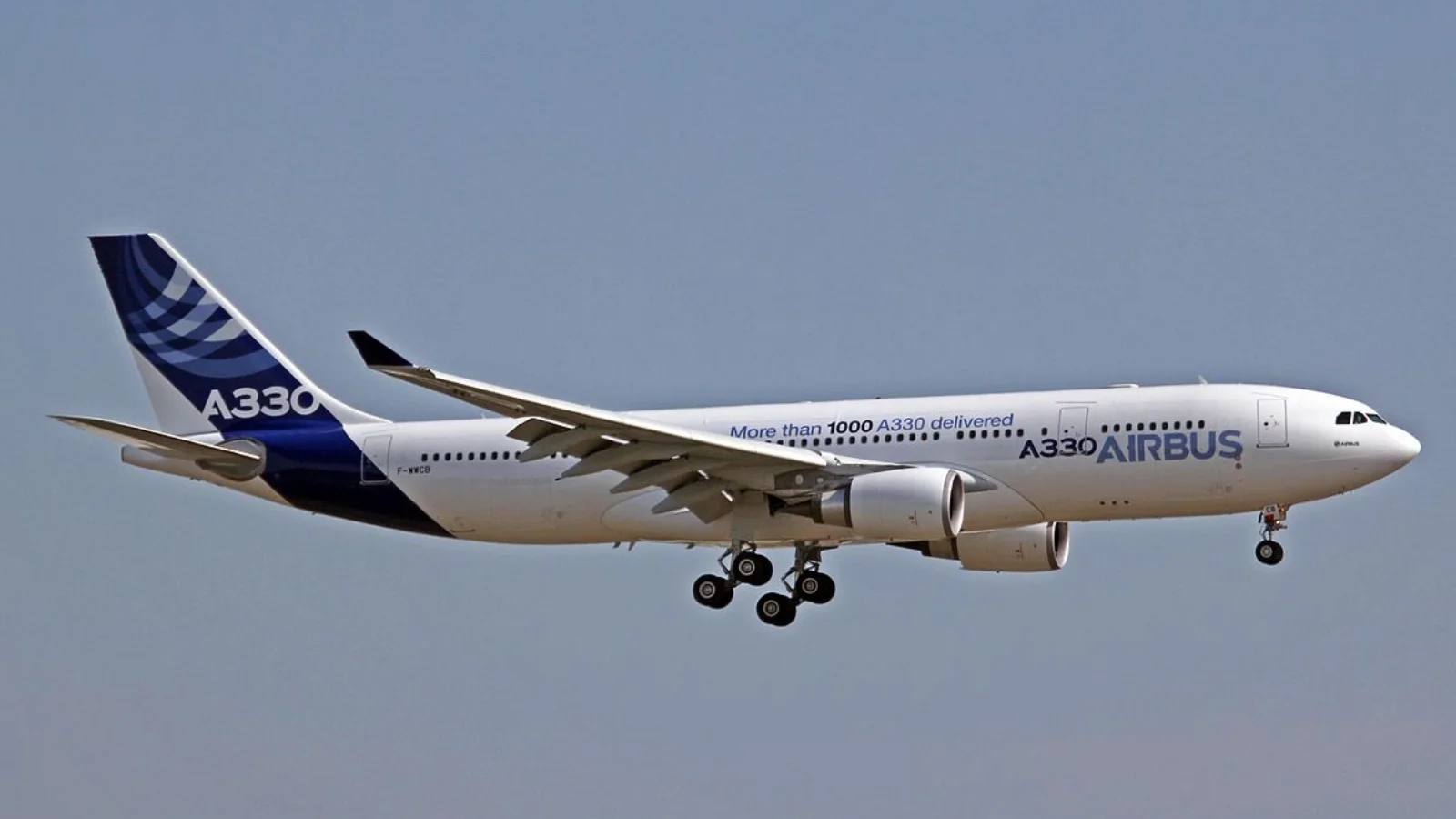Financially, Airbus reported a revenue increase of 3% in the first half of 2025 compared to the previous year, reaching more than €29.6 billion ($34.7 billion). In July 2025, CEO Guillaume Faury commented on these results:
“The commercial performance in the first half of 2025 has been strong across the Company. Our H1 financials reflect transformation progress in our Defence and Space division and the lower commercial aircraft deliveries compared to a year ago. We are producing aircraft in line with our plans but deliveries are backloaded as we face persistent engine supply issues on the A320 programme. The operating environment is complex and fast-changing. On tariffs, the recent political agreement between the EU and the US to revert to a zero-tariff approach for civil aircraft is a welcome development for our industry. Our 2025 guidance, which continues to exclude the impact of tariffs, remains unchanged.”
The A330 was developed by Airbus in response to Boeing’s dominance with its 767 model during the late twentieth century. Entering service in 1994 with Air Inter, over 1,600 units have since been delivered worldwide.
The modernized version—the A330neo—entered service in December 2018 with TAP Air Portugal and features improved fuel efficiency thanks to new engines and aerodynamic enhancements.
Delta Air Lines currently operates more A330s than any other airline globally, with a fleet totaling 75 aircraft across various variants (A330-200s, -300s, and -900s). Other major operators include China Eastern Airlines (55), Turkish Airlines (50), Air China (43), Cathay Pacific (42), China Southern Airlines (41), Saudia (33), Korean Air (30), Qantas (28), and Hainan Airlines (27).
Among operators using newer variants like the A330-800 or -900 are Delta Air Lines (33), TAP Air Portugal (19), Condor (18), Cebu Pacific (12), and ITA Airways (11). Cebu Pacific configures its all-economy class A330-900s for up to 459 passengers on routes from Manila to destinations such as Dubai and Sydney.
Delta deploys its fleet on international routes including Atlanta–Barcelona, Minneapolis–London Heathrow, New York JFK–Tel Aviv, and Seattle–Shanghai Pudong.
The continued popularity of the Airbus A330 can be attributed largely to its adaptability for mid- and long-haul operations as well as cargo capacity. While newer widebody models like Boeing’s upcoming 777X may affect future demand—Emirates alone has ordered over 200 units—the current backlog suggests that airlines still see value in adding or retaining this type within their fleets.
Below are current monthly production rates by family:
- Airbus A220: 14
- Airbus A320: 75
- Airbus A330: 4
- Airbus A350: 12
 Alerts Sign-up
Alerts Sign-up




































